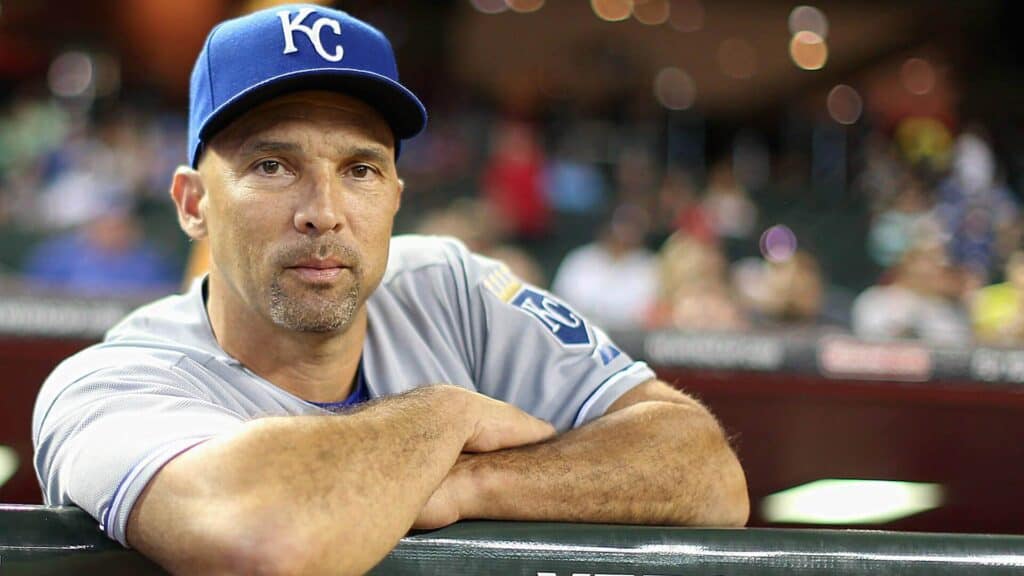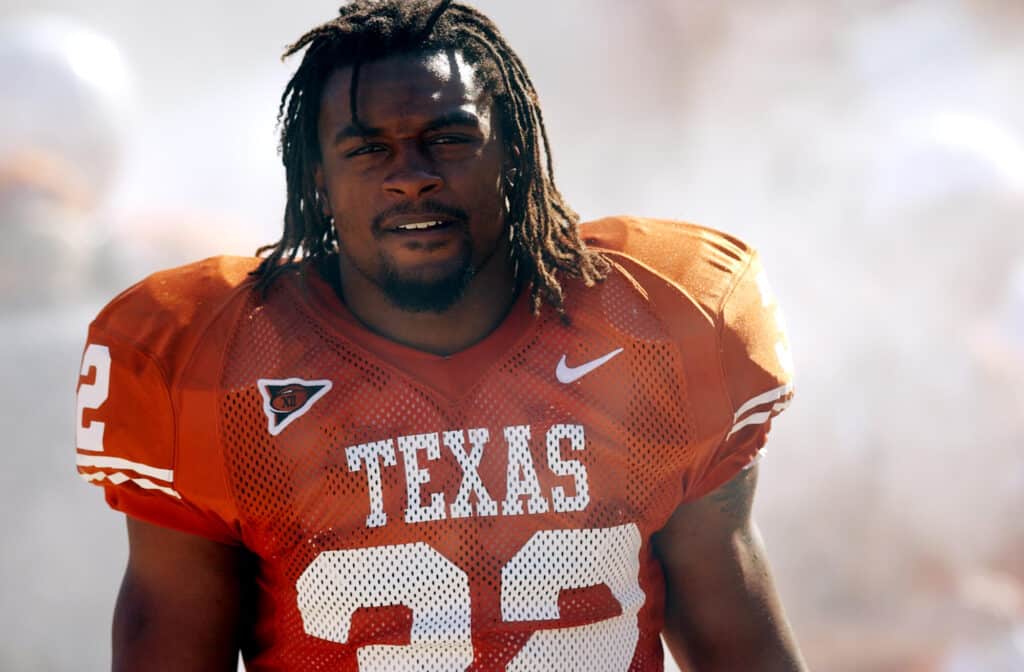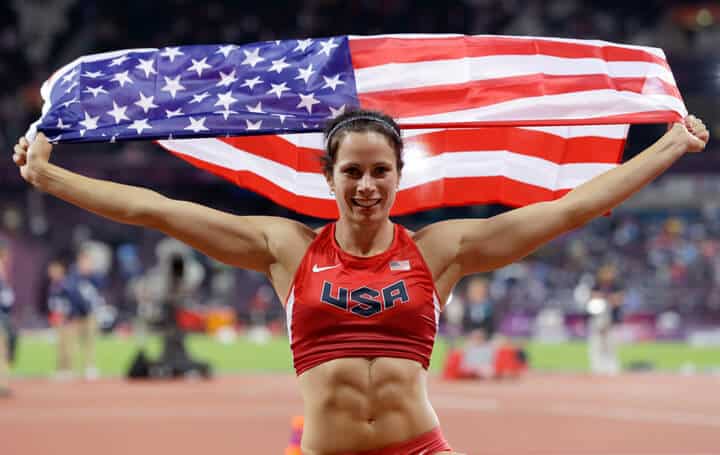Did you know that celiac disease is one of the most common autoimmune conditions? So it’s no wonder some of the most popular athletes with Celiac Disease on this list might surprise you.
You’ll be shocked to learn that one out of every hundred healthy Americans has it.
So there must be about 3 million people in America living with it, and the number is bound to include some athletes as well right?
Symptoms of celiac disease can range from fatigue and diarrhea to severe pain, infertility, and more.
Honestly, the only way to alleviate these symptoms and stay safe is through a gluten free lifestyle once you were diagnosed
As an athlete, you can imagine the restrictions can be even more challenging as most athletes hold a strict diet anyway.
1. Novak Djokovic

One of the top athletes on this list that was diagnosed with gluten intolerance. While some will say it’s not Celiac per say, and they are right, still, some people have Celiac like symptoms when they consume gluten.
2. Raúl Ibañez

Ibanez is actually alergic to both gluten and dairy. A pro Baseball player and one that is very popular in the league.
3. Eve Muirhead

The German beauty can surely take your breath away, but she can also beat you in a game of curling. Oh, and it just so happens that she discovered that she has Celiac during the 2014 Olympics
4. Drew Brees

If you’re an American Football fan like I am, you know who Brees is. If you don’t just know he is considered one of the best quarterbacks to play the game, and it just so happens that he too was diagnosed with Celiac disease and has been living it for a while.
Who said you can’t win super bowls with Celiac
5. Sabine Lisicki

Lisicki is a pro tennis player coming from Germany, but now residing in the US. At her peak, she was the 12th best female player in the world and won 4 titles. Over the years her rank decreased but she is still considered a top player.
While she is not diagnosed with Celiac, she is considered to be gluten intolerant as she reported to feel much more energetic after eliminating wheat from her diet.
6. Cedric Benson

Was a great running back who was diagnosed with Celiac back in 2009. Played pro football for a couple of years and was considered a great player. Unfortunately, in 2019 Benson died in a motorcycle accident with another female passenger.
7. Justin Morneau

While not diagnosed with Celiac, Justin did say his body doesn’t react well to wheat so he eliminated it together with dairy from his menu and ever since feels much better. During his time as a pro Baseball player he enjoyed many successes while in the league.
8. Jenn Suhr

As one of the top pole vaulters in the world, it’s easy to say that being diagnosed with Celiac didn’t stop this athlete. She won a silver medal in the 2008 Olympics only to top that with a gold medal four years later.
Her diagnosis came in between these two olympics as she started to suspect weird symptoms of fatigue and muscle cramping
Signs and Symptoms of Celiac Disease in Athletes
Athletes, in general, have an active life full of exercise, practice sessions, traveling, eating right to maintain the perfect weight and calorie intake, and more.
Life gets tough, and you might be missing the signs of celiac disease.
But if you notice the following problems recurring, it’s time to take a test
a) Athlete Fatigue
Getting exhausted after practice sessions is one thing. But experiencing extreme fatigue and a drop in energy levels might also be a sign of celiac disease.
If your level of tiredness is unusual and extreme, it might be caused by the wheat, barley, or rye in your diet, and taking a test will help you diagnose.
b) Feeling Bloated
An early sign of celiac disease is feeling bloated. Gluten can lead to inflammation in the digestive system, causing bloating.
As an athlete, this can impede your training and performance, as you’ll feel uncomfortable constantly. Celiac disease also causes constipation, further worsening the bloating.
c) Gassiness
Let’s be truthful here – everyone pass gas, and athletes sometimes pass more because of the muscle effort and movement they put their bodies into.
But if the gassiness is higher than usual, the reason behind it could be gluten, causing indigestion and constipation and leading to excess gas.
d) Weight Loss
Weight fluctuations are common for athletes. With an increase in workout intensity or a new diet plan, weight loss can occur.
But if this weight loss is significant, celiac disease might be behind it. The condition can impair your body’s ability to absorb nutrients and cause caloric deficiency and malnutrition.
e) Depression
The feeling of dejection is bound to harm your performance. But when there is prolonged depression distracting you constantly and preventing you from keeping your head in the game, it’s time to think if it is caused by celiac disease.
Though it might sound strange, the condition can affect your mental health.
When should you get tested for celiac disease as an athlete?
If you look at these conditions individually, you will notice that they are not uncommon among athletes.
But when they become severe, and you struggle with a combination of two or more of these conditions, it’s time for you to take notice. This is particularly true if you are facing digestive problems.